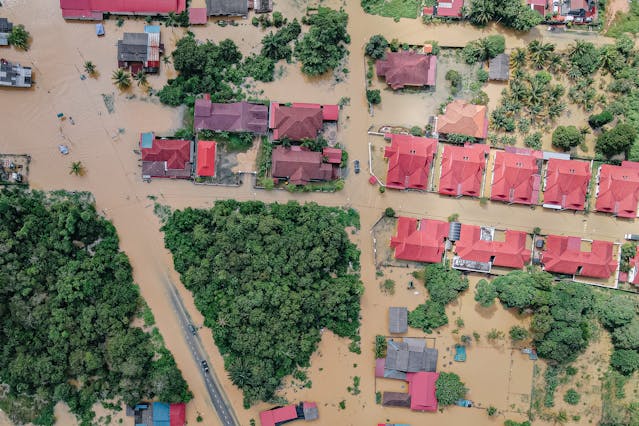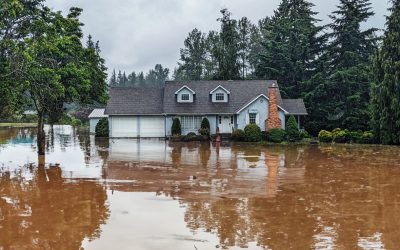Secret Water Damage Insurance Claim Tips & Tricks
Water Damage Insurance Claims Tips
Water damage can wreak havoc on your property, leaving behind a trail of destruction and financial strain. Fortunately, insurance coverage can provide a safety net in such situations, but navigating the claims process can be daunting. To help you maximize your insurance claim and expedite the recovery process, we’ve compiled a comprehensive guide of secret tips and tricks for water damage insurance claims.
Understanding Water Damage Insurance Claims
When it comes to water damage insurance claims, being prepared and informed is key. Before disaster strikes, familiarize yourself with your insurance policy’s coverage for water damage. Policies may vary in terms of coverage limits, deductibles, and exclusions, so it’s essential to review your policy documents carefully. Additionally, understand the specific terminology used in your policy, such as “flood damage” versus “water damage,” as these distinctions can impact your claim eligibility.
Water Damage Insurance Claims: Key Considerations
In the event of water damage to your property, prompt action is crucial. Begin by documenting the damage thoroughly with photographs or videos before initiating the claims process. This evidence will serve as valuable support for your claim and help substantiate the extent of the damage to your insurer.
When filing your water damage insurance claim, provide detailed and accurate information about the incident, including the cause of the damage, the date and time it occurred, and any relevant circumstances. Honesty and transparency are essential during this process to avoid potential complications or accusations of fraud.
Maximizing Your Water Damage Insurance Claim
To maximize your water damage insurance claim, consider enlisting the expertise of a public adjuster. A public adjuster is a licensed professional who works on behalf of policyholders to assess damages, negotiate with insurance companies, and ensure fair compensation. Their knowledge of insurance policies and claims procedures can be invaluable in navigating the complexities of the claims process and advocating for your rights as a policyholder.
When working with a public adjuster for your water damage insurance claim, choose a reputable and experienced professional with a proven track record of success. Be sure to inquire about their fees and terms of service upfront to avoid any misunderstandings later on. While public adjusters typically charge a percentage of the final settlement amount, their assistance can often result in significantly higher payouts, making their services well worth the investment.
Water Damage Insurance: Prevention and Mitigation
While insurance coverage can provide financial protection against water damage, prevention remains the best defense. Implementing preventive measures such as routine maintenance, installing water leak detection systems, and ensuring proper drainage can help mitigate the risk of water damage to your property.
In the unfortunate event of water damage, swift action is essential to minimize the extent of the damage and prevent further deterioration. Take immediate steps to address the source of the water intrusion and initiate cleanup and restoration efforts promptly. Keep detailed records of all expenses incurred during the mitigation and restoration process, as these costs may be eligible for reimbursement through your insurance claim.
Conclusion
Water damage insurance claims can be complex and challenging to navigate, but armed with the right knowledge and strategies, you can streamline the process and maximize your recovery efforts. By understanding your insurance coverage, documenting damages thoroughly, enlisting the help of a public adjuster, and prioritizing prevention and mitigation measures, you can effectively protect your property and finances against the devastating effects of water damage.



